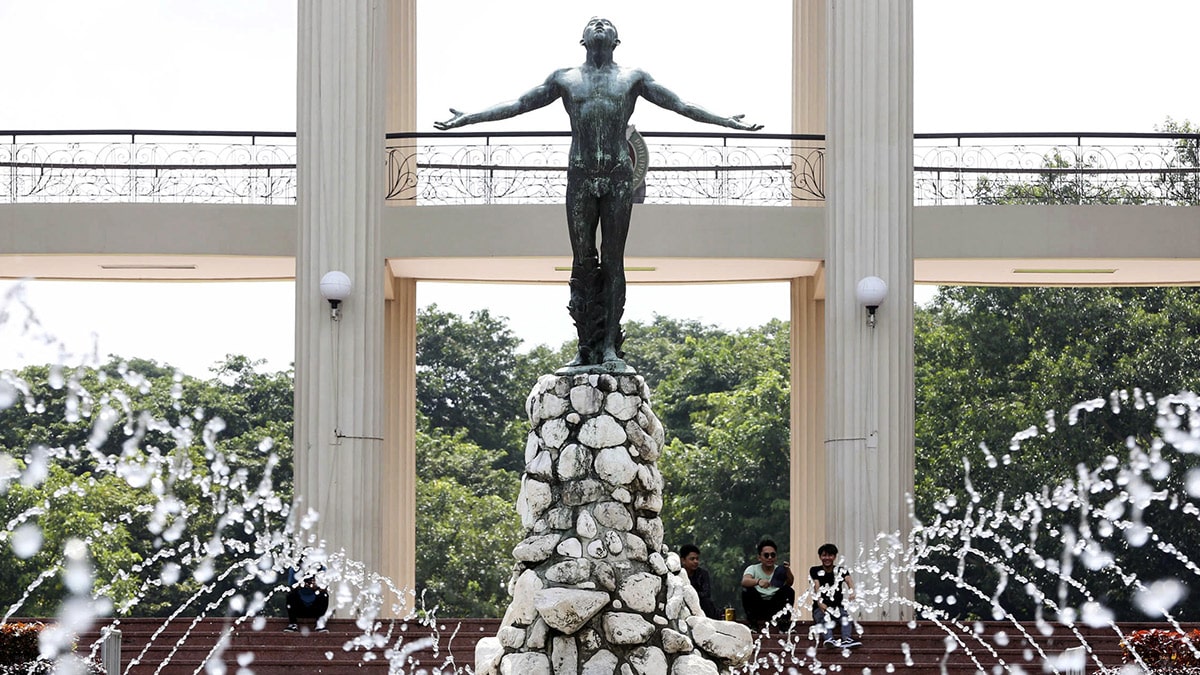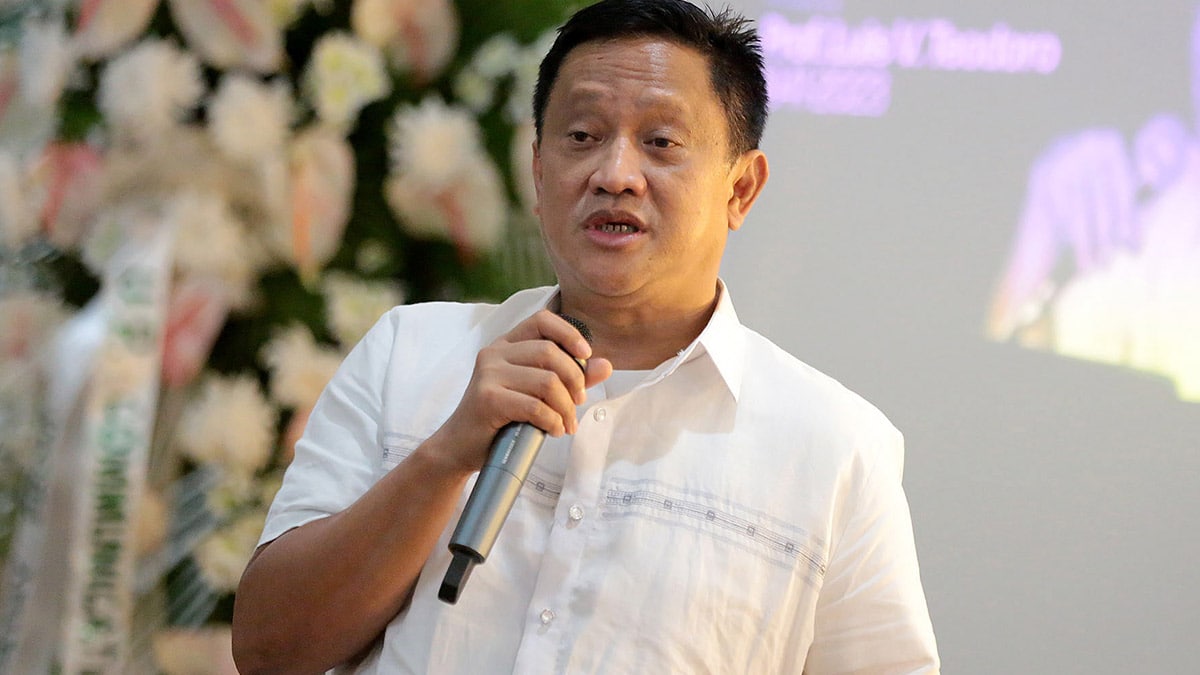With new admission policy, UP wants to dispel ‘elite’ tag

ENROLLMENT TREND According to the University of the Philippines (UP) website, current UP admissions data reveal a “chronic underrepresentation” of students from public schools, particularly those in rural and “underserved communities.” —Inquirer file photo
MANILA, Philippines — Has the University of the Philippines (UP) shed its reputation as a “school of the masses”?
UP president Angelo Jimenez, on the 116th founding anniversary of the country’s premier state university on Tuesday, said part of the university’s flagship programs under his administration was to push for “inclusive admissions” that would see UP accepting more deserving students from lower-income families and those from remote areas in the regions.
Jimenez said the initiative was also an acknowledgment of the public perception that many students who had entered UP in recent years belonged to the “elite” or wealthy families.
READ: I passed UP, now what?
“But let’s not generalize [all the UP campuses]. I admit that it’s the case in Diliman, but in other campuses like in the Visayas and Mindanao, basically we still reach everyone,” he told reporters at the sidelines of his public forum during the university’s foundation day program.
READ: 16.8 million students enrolled so far for next school year
For correction
Out of the around 10,000 students admitted to UP, around 5,500 were from Metro Manila, according to Jimenez.
“We want to correct that. We are hoping more would come from what we call the Gida (geographically isolated and disadvantaged areas). We want to spread out and that is why we are collaborating with other SUCs (state universities and colleges),” he said.
Access to poor
According to the UP website, current UP admissions data reveal a “chronic underrepresentation” of students from public schools, particularly those in rural and “underserved communities.”
“In the recently released Upcat (UP College Admission Test) 2024 results, 44 percent of the Upcat qualifiers come from private schools, and 27 percent come from the different science high schools around the country. Only a measly 29 percent came from public high schools. And among the qualifiers, a vast majority—around 70 percent—come from urban centers, mostly from Luzon,” it said.
Jimenez said part of the university’s intervention for its inclusive admissions thrust was through its “Lingap-Iskolar Program,” where around 350 Upcat passers from remote areas and those from low-income families would receive educational benefits and assistance so they can pursue their UP education. The program has an allocated budget of P50 million from the university’s appropriations this year.
“They will be our focus because for every student there, hopefully, they could go back to serving their communities,” he said.
Out of the 350 students, only around 40 will be admitted to the Diliman campus, while the rest will study at the university’s campuses in Los Baños, Baguio, Visayas or Mindanao.
Part of the plan to democratize access to UP is encouraging those who did not pass Upcat to take up associate degrees in UP for two years.
“After two years, if they get good grades in those years, they can now enter a regular degree program. That’s the equity element here for those who did not pass [the Upcat],” he said.
Socialized tuition
In December 2013, UP adopted a new socialized tuition system that aimed to shorten the application process and make the premier state university more accessible to students from low-income families.
The Socialized Tuition System sets tuition discounts depending on the paying capacity of the student’s household. It was approved by the UP Board of Regents, the university’s highest decision-making body, on Dec. 13, 2013.
This replaced the former Socialized Tuition and Financial Assistance Program (STFAP), more popularly known as the Iskolar ng Bayan program, which was a major reform designed to democratize undergraduate admissions in 1989.
Under the STFAP, students were categorized according to their families’ annual income and other factors.
The old socialized tuition scheme has been criticized for its long application process, the frequent mismatch between the students’ assigned brackets and their actual financial standing, and the inadequate benefits allotted for students in the lowest income bracket.
With the signing of Republic Act No. 10931, or the Universal Access to Quality Tertiary Education Act, in 2017, tuition and other miscellaneous fees for undergraduate students in all state universities and colleges like UP, and other local universities and colleges and state-run trade schools, are free but subject to eligibility. —with a report from Inquirer Research
